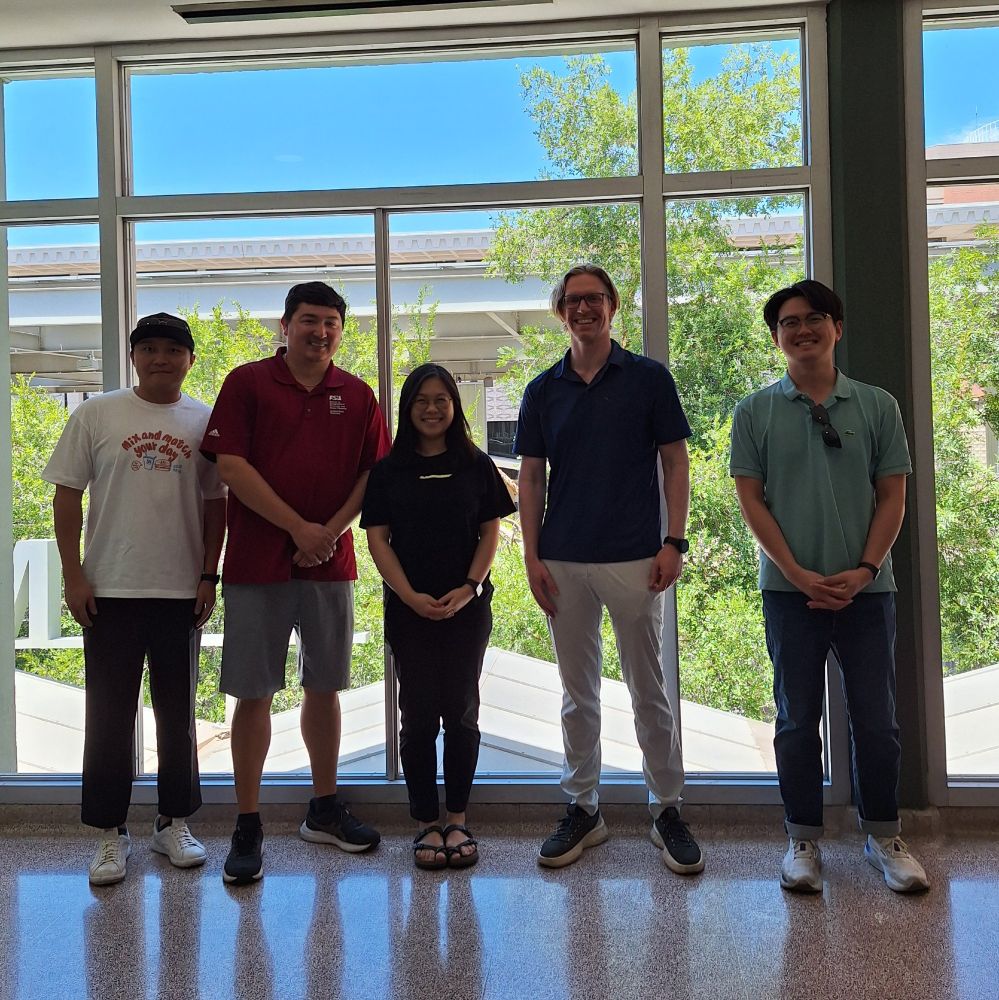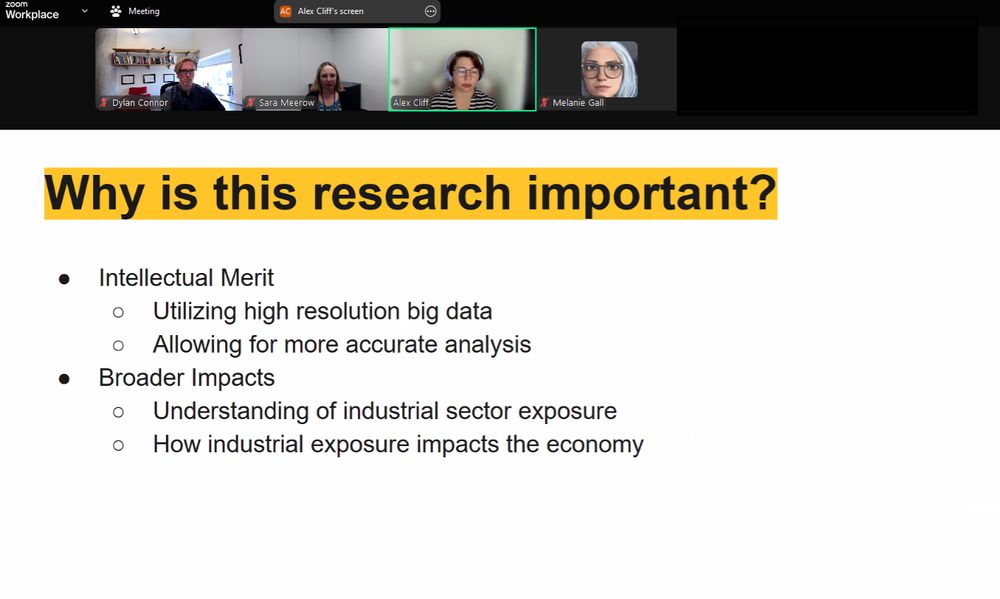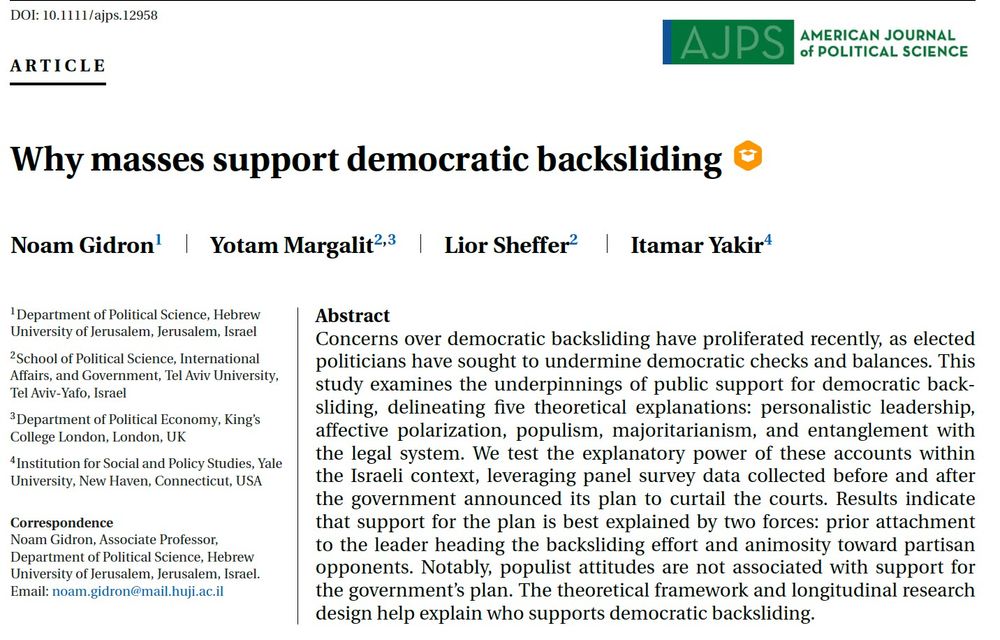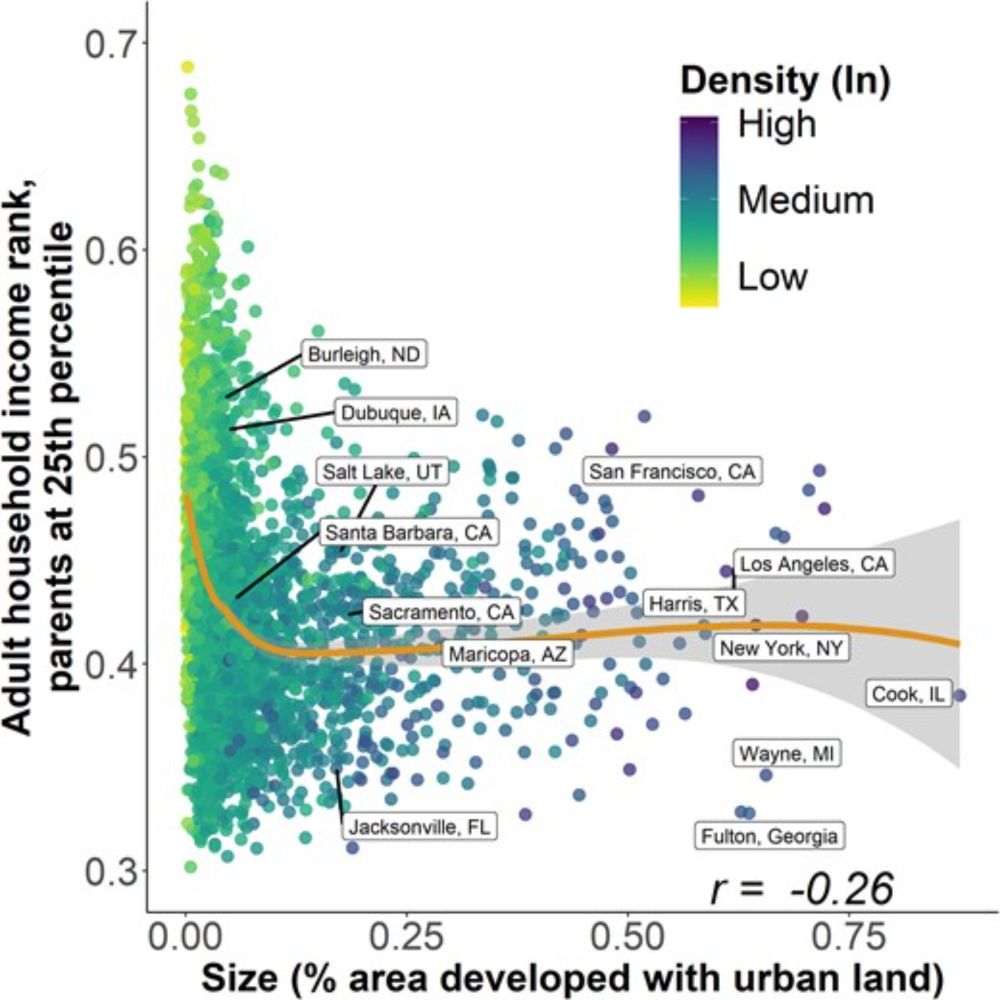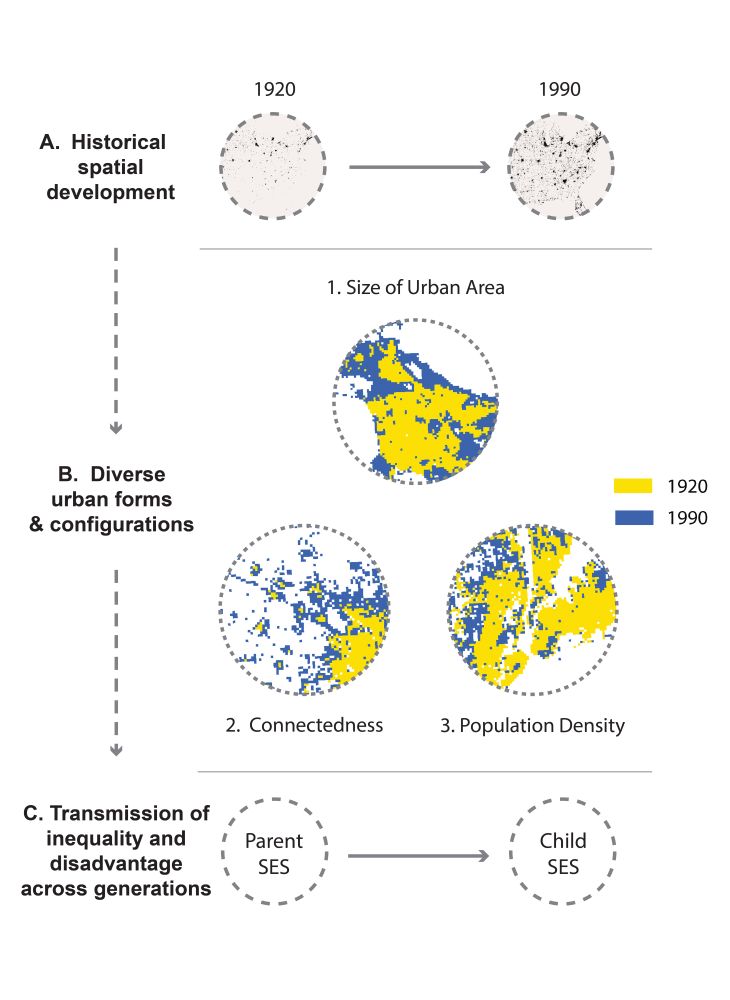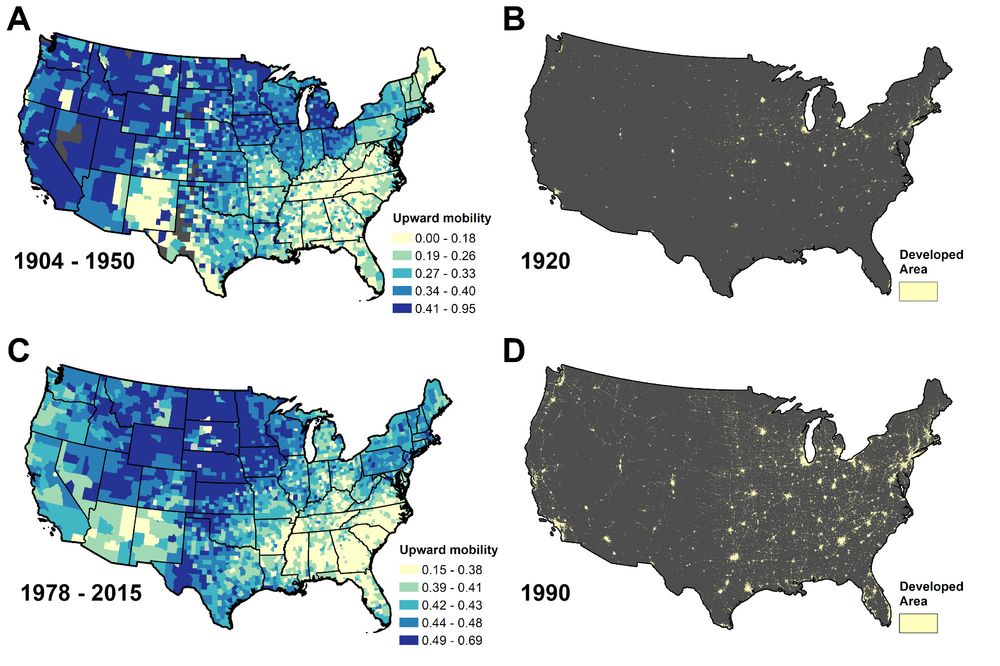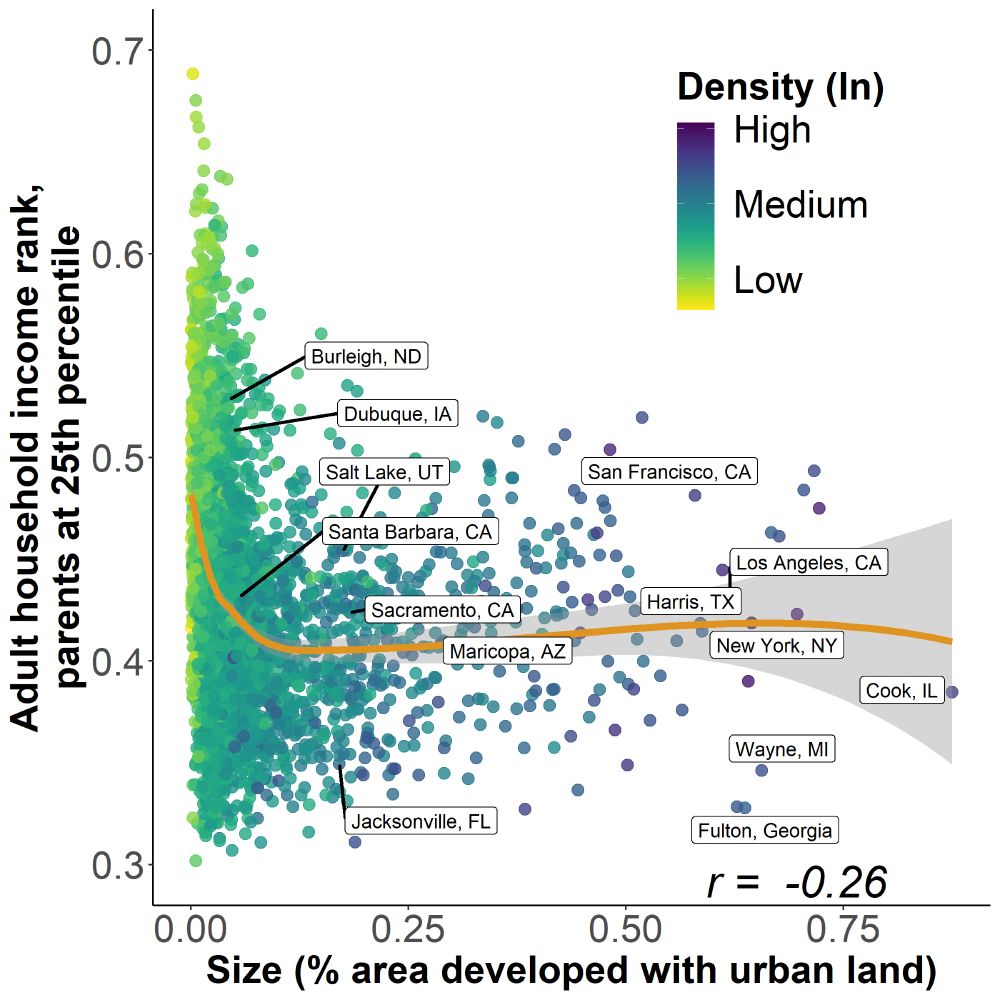Dylan Connor
@dyligent.bsky.social
270 followers
300 following
31 posts
Computational Social Science | Professor, ASU Geography | CASBS Fellow 24-25, Stanford
🇮🇪
profconnor.github.io
https://x.com/Dylligent
Posts
Media
Videos
Starter Packs
Reposted by Dylan Connor
Reposted by Dylan Connor
Reposted by Dylan Connor
Reposted by Dylan Connor
Reposted by Dylan Connor
Reposted by Dylan Connor
Dylan Connor
@dyligent.bsky.social
· Feb 5
Dylan Connor
@dyligent.bsky.social
· Feb 5
Dylan Connor
@dyligent.bsky.social
· Feb 5
Dylan Connor
@dyligent.bsky.social
· Feb 5




